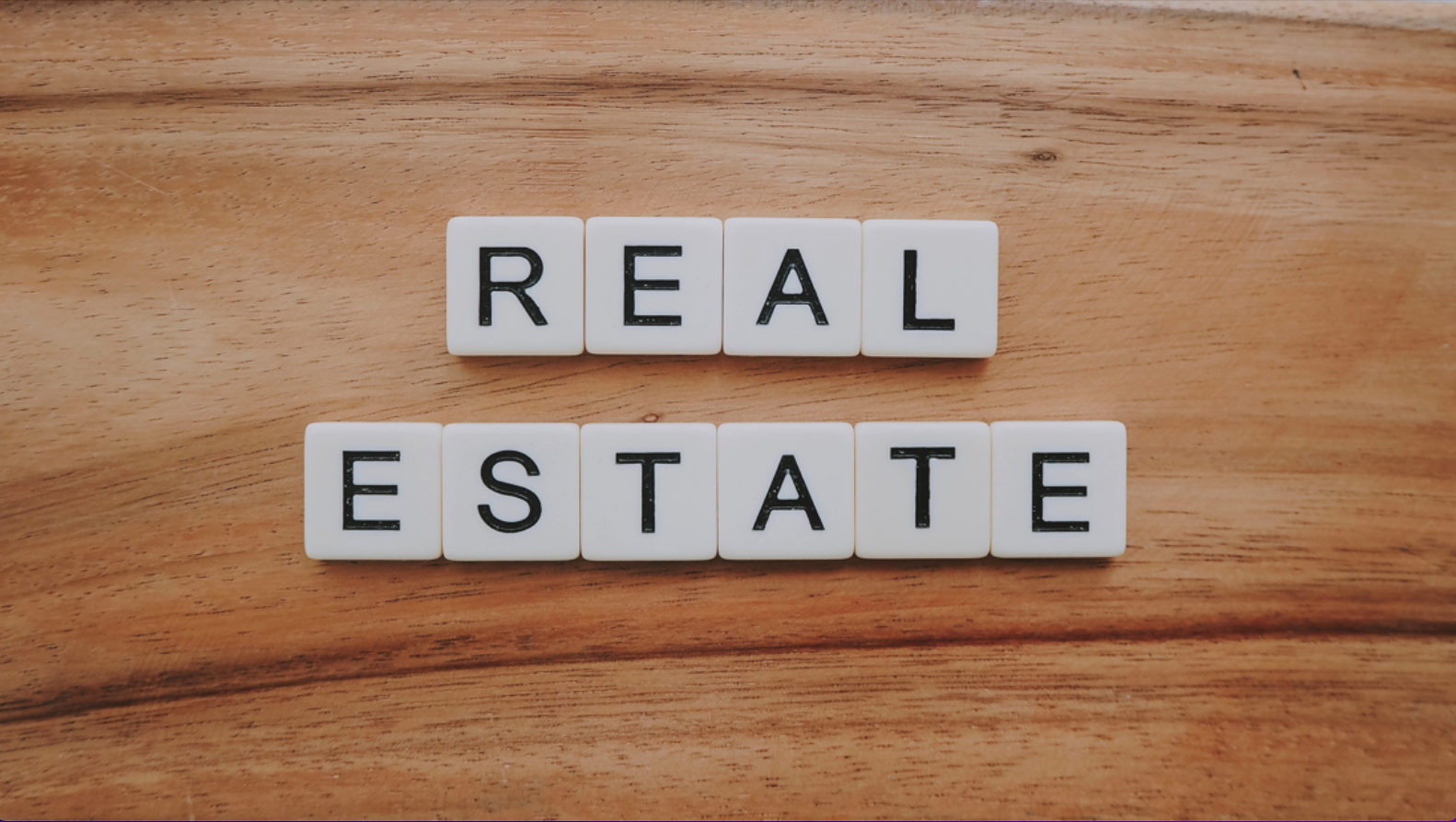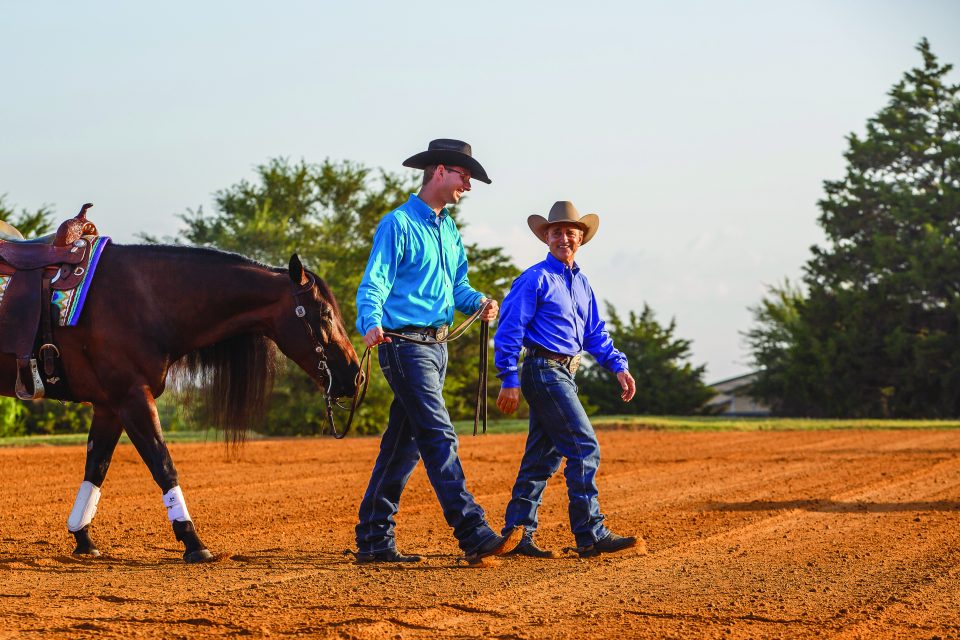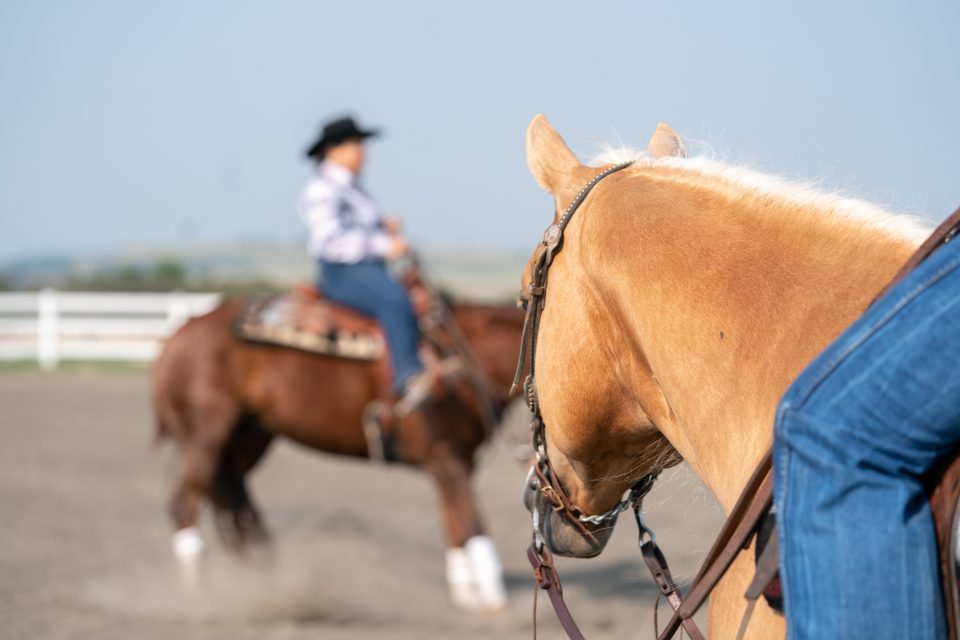Real estate investments can be used to subsidize your training business and build up funds for retirement.
By Kristin Pitzer

It may seem like the property-buying game is for those solely in the real estate industry, but for an NRHA Professional looking to source income outside training horses, owning other properties outside the ranch can be a boon. These include rental houses, commercial properties, or even tracts of land. Assets like real estate might keep you on your feet through the ups and downs of the horse business, and income-producing properties can help supplement retirement, too.
[sub] A Safety Net
NRHA Professional Tom McCutcheon considers himself a property collector—a “buyer and holder” rather than a flipper. McCutcheon owns 25 to 30 properties, including rental houses, commercial property, vacant lots, even a church. While his horse business is self-sustaining, having those properties to fall back on helps safeguard his future.
“Horse trainers are really good at being optimistic about what their future holds, but I think it’s smart to try and make sure you have something there when you’re done [training],” McCutcheon said. “A lot of my properties are paid off because, if they’re paid off, no matter what happens, I can’t be hurt by them [financially]. If the economy completely tanks, I still have those properties, and at the end of the day, that’s going to be what’s worth money.”
Investing money into property rather than spending it on things like new vehicles, which lose value the moment they’re driven off the car lot, can pay dividends in the future. Land itself tends to increase in value, and then rental and commercial properties produce income—after they’re paid off. That revenue is extra money in your pocket, which can then be invested into your business by upgrading facilities and equipment, or, as in McCutcheon’s case, it can be used to acquire other assets.
“I’d much rather invest in properties outside my ranch,” McCutcheon said. “For example, I don’t want employee housing on the ranch because, at some point, that kind of loses value. Your ranch is worth what it’s worth when you sell it, and adding more employee housing doesn’t necessarily make it worth more. Whereas if you buy a house off site, you can sell the ranch and still have that value somewhere else.”
[sub] Appreciating Assets = Good Investments
The best way to get started investing in property is by accumulating a down payment and then researching property values in your area. McCutcheon’s rule of thumb is to only purchase properties within 15 miles of where he lives, because he’s familiar with buying in that location. And while there are hot and cold buyer’s markets, the economy doesn’t factor much into McCutcheon’s purchases because he’s mainly looking for a good deal—one where he’ll be making money from the moment he signs the papers.
When interest rates are low and money is “cheap,” McCutcheon isn’t afraid to take out a loan on property and keep his reserve of cash for his horse business. Then, when he does have extra money to spend, he always pays himself first by putting money toward his appreciating assets before buying other items that depreciate.
“If I’m going to buy a new car or anything of that nature, I don’t put any money down unless I put the same amount into paying off a piece of property,” McCutcheon said. “I always want to pay something off. I’m not a finance guy—I’m just a horse trainer, and I probably do it wrong—but I always like to pay off the stuff that appreciates and borrow money on the stuff that the depreciates, and it’s worked for me really well.”
Owning property can be a great way to garner extra income and then either invest that money into your training business or save it for retirement. Even if you don’t have the staff to manage multiple properties, a single rental house or Airbnb isn’t too cumbersome and gives you another asset off site.
“Property is always going to give you a solid base,” McCutcheon said. “I keep my eyes open, and if something pops up, then I buy it, but I try to always buy it at a price where it makes sense to hold it. To me, that’s just my safety net. I always try to buy those properties and have them as my fallback. No matter what happens in the horse business, those properties are always going to keep me healthy financially.”



